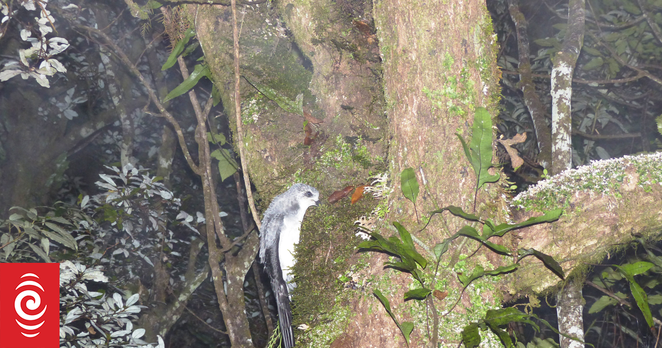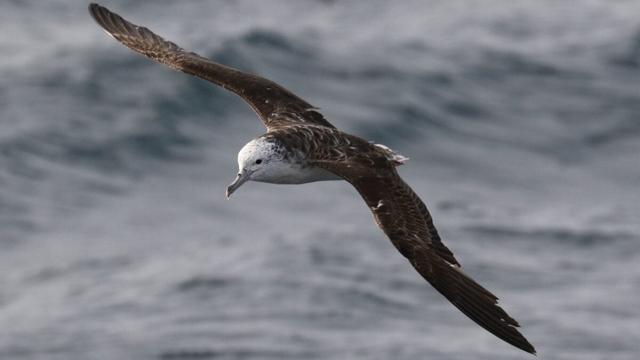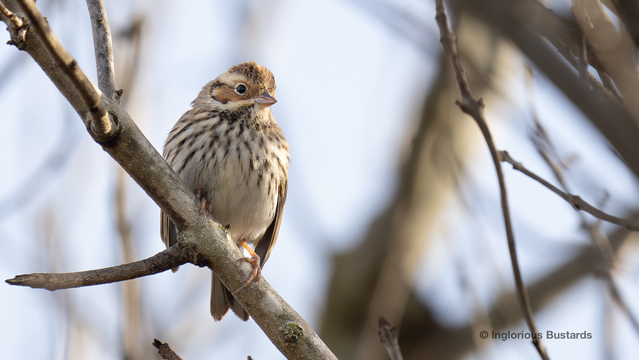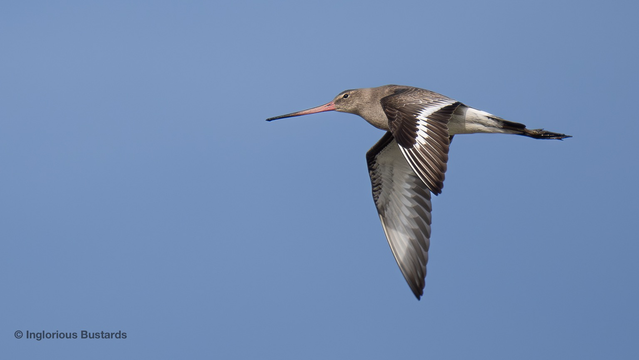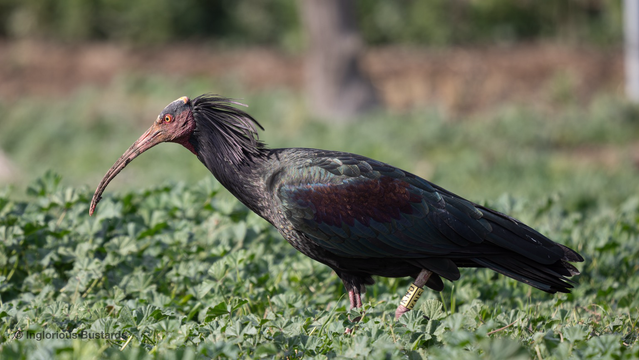Concern as #LightPollution encourages #birds to sing for longer, study finds
22 August 2025
"Birds around the world are singing for nearly an hour longer each day due to light pollution, a new study has shown.
"The research, to be published in the journal Science, used millions of recordings of #birdsong, including from #NewZealand's #NorthIsland.
"President of Birds New Zealand Dr Natalie Forsdick told RNZ more light meant more time for singing, building nests and feeding.
"But she said those things consumed energy and it could be reducing their overall health.
" 'It's just like with humans, if you go to bed a little bit too late, you wake up the next day feeling a little bit the worse for wear. I imagine that birds could feel that same way too, and we certainly see that it disrupts their natural cycles.'
"She said previous studies in New Zealand had shown a range of outcomes, from no effect to increased night-time predation by black-backed gulls on threatened species like banded dotterels.
"But one of the biggest concerns about light pollution in New Zealand was its effect on seabirds.
"Among juveniles, urban light pollution may be mistaken for moonlight, attracting and disorientating species like Cook's #petrel or Hutton's #shearwaters.
"This could cause birds to crash land or collide with buildings, and they may become injured or grounded in cities.
"She said people could help by turning off outside lights when they were not needed, and asking their local councils to consider more directional or dimmer lighting in public places. [I would recommended warmer lighting as well. Too much blue is unnatural!]
"Associate Professor Kristal Cain from the School of Biological Sciences at the University of Auckland said more research was needed to find out how light pollution affected survival and reproduction.
"This paper used bird song data collected by thousands of volunteers globally, and measured when birds started singing in the morning and when they stopped for the night.
"It found that in brighter areas birds started singing early and continued later into the night than in dark areas.
" 'Most of the bird song was collected in #NorthAmerica and #Europe,' Cain said. 'We still need to do similar work in the rest of the world to see how widespread these patterns really are. The manu of #Aotearoa are quite unique in many ways."
" 'Importantly, all this #ArtificialLight is not good for us either.'
"People could do things like closing curtains and planting trees in urban areas to contain some of the light."
Source:
https://www.rnz.co.nz/news/national/570702/concern-as-light-pollution-encourages-birds-to-sing-for-longer-study-finds
